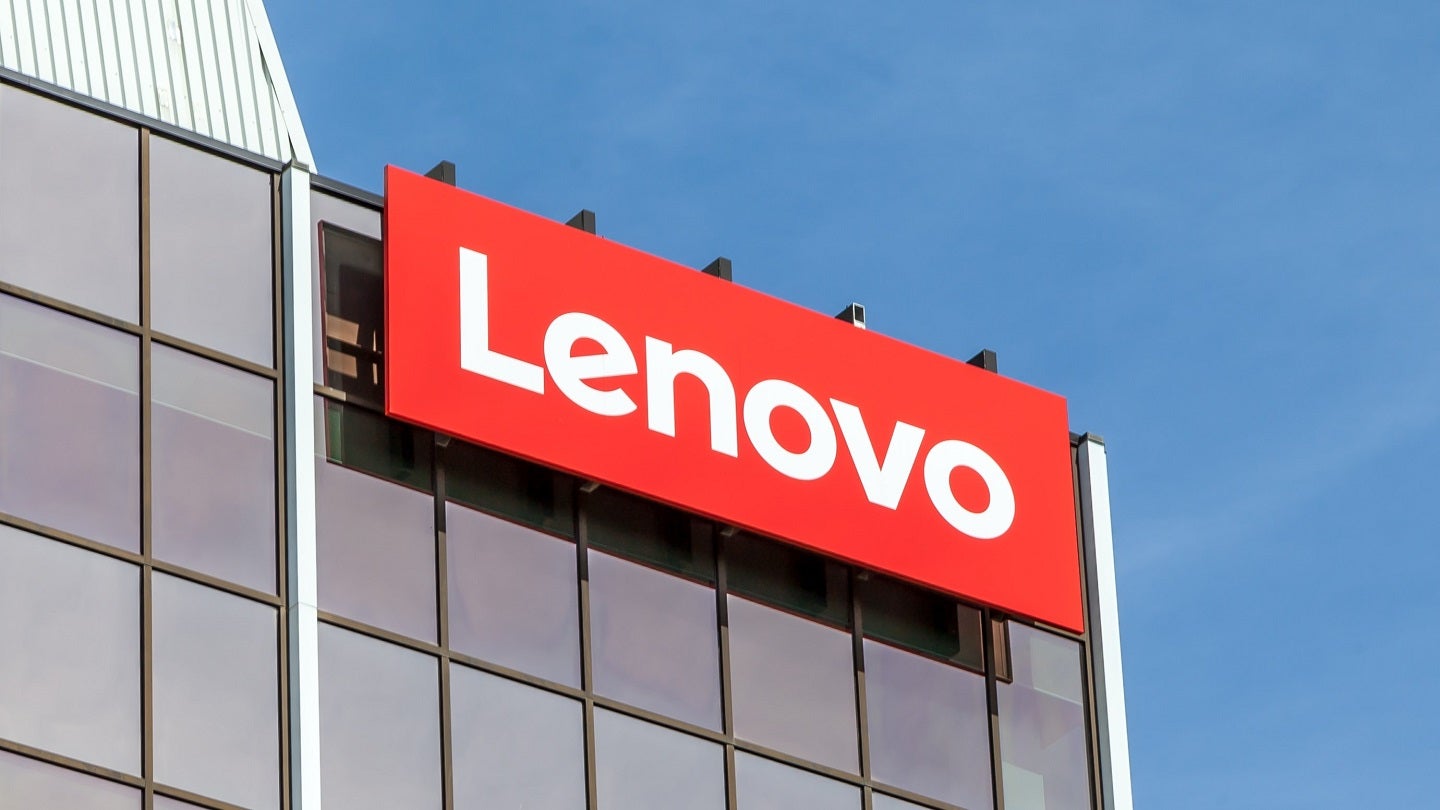
Chinese technology company Lenovo has commenced the production of artificial intelligence (AI) servers at its Puducherry facility in India.
The company has also established a new infrastructure research and development (R&D) lab in Bengaluru, positioned as one of its four principal global labs.

Access deeper industry intelligence
Experience unmatched clarity with a single platform that combines unique data, AI, and human expertise.
The other three labs are in Beijing, Morrisville, and Taipei.
Lenovo’s Puducherry plant, operational since 2005, has been upgraded to produce enterprise AI and graphics processing units (GPU) servers designed to handle AI workloads.
This move aims to meet to the increasing demand from both local and international markets.
The facility boasts a production capacity of up to 50,000 enterprise AI rack servers and 2,400 high-end GPU units annually.

US Tariffs are shifting - will you react or anticipate?
Don’t let policy changes catch you off guard. Stay proactive with real-time data and expert analysis.
By GlobalDataLenovo Asia Pacific president Amar Babu said: “We remain committed to driving India’s growth as an innovation hub by expanding our global manufacturing footprint and harnessing the strength of Indian talent and the industry ecosystem for technology R&D.”
Lenovo’s Puducherry plant will focus on manufacturing five key offerings from the company’s portfolio, including three rack-mounted enterprise AI servers and two flagship eight-way GPU servers.
Lenovo India managing director Shailendra Katyal, as reported by The Indian Express, highlighted the significance of the new Bengaluru R&D lab, equipped with state-of-the-art tools for various testing and analysis purposes.
The lab will play a crucial role in the design, development, and testing of next-generation server platforms, encompassing hardware, firmware, and software development.
It will also contribute to Lenovo’s global R&D initiatives.
While specific investment figures were not disclosed, company officials referenced Lenovo’s previously announced global investments of $1bn (Rs84bn).
In June 2024, Lenovo revealed that it has leveraged GenAI and large language models to achieve significant returns on investment, including a 70% reduction in content creation costs.







